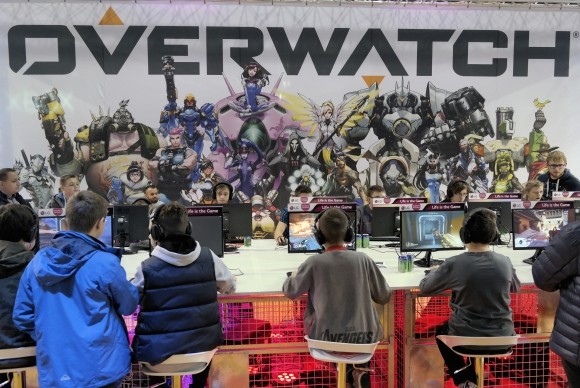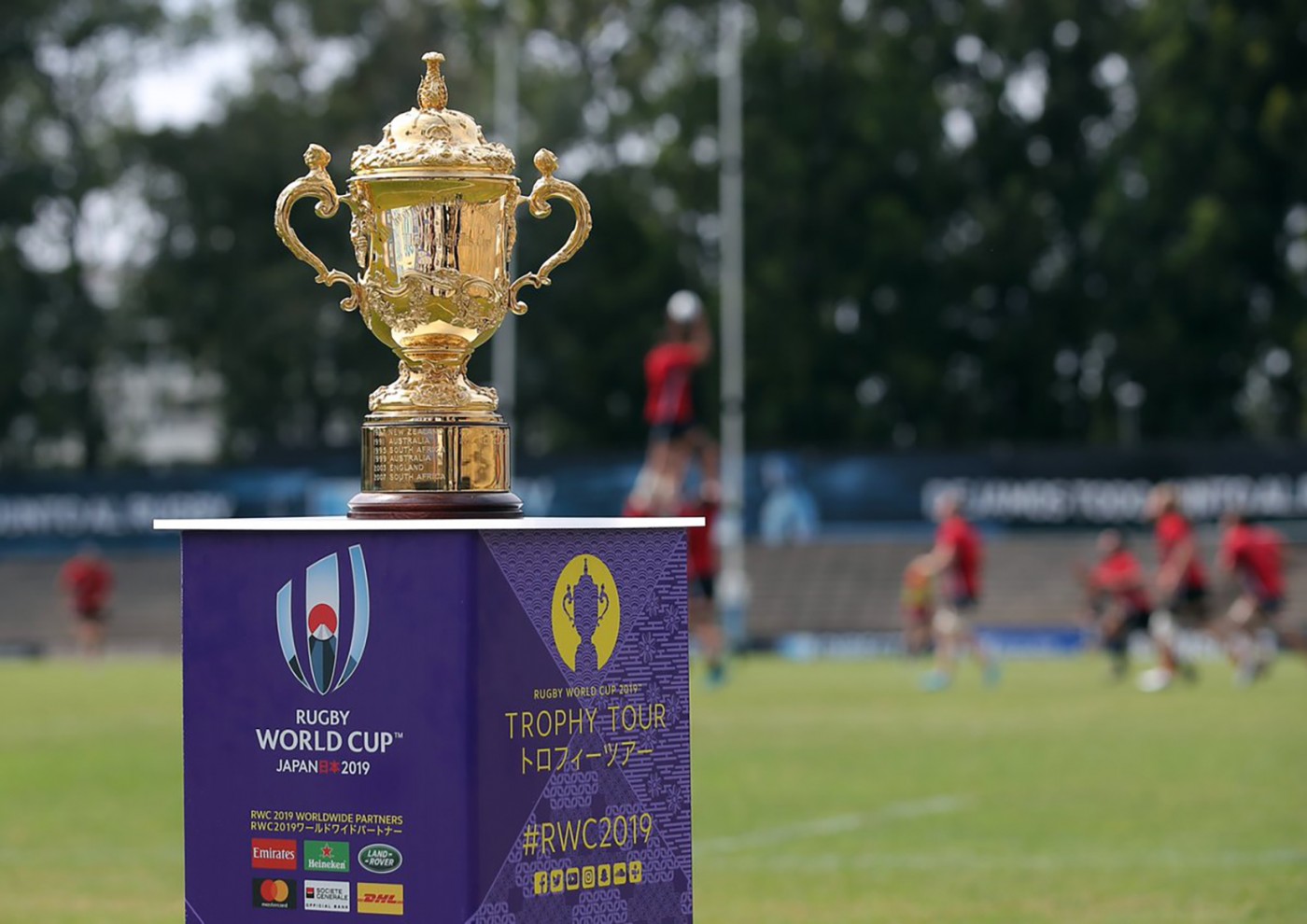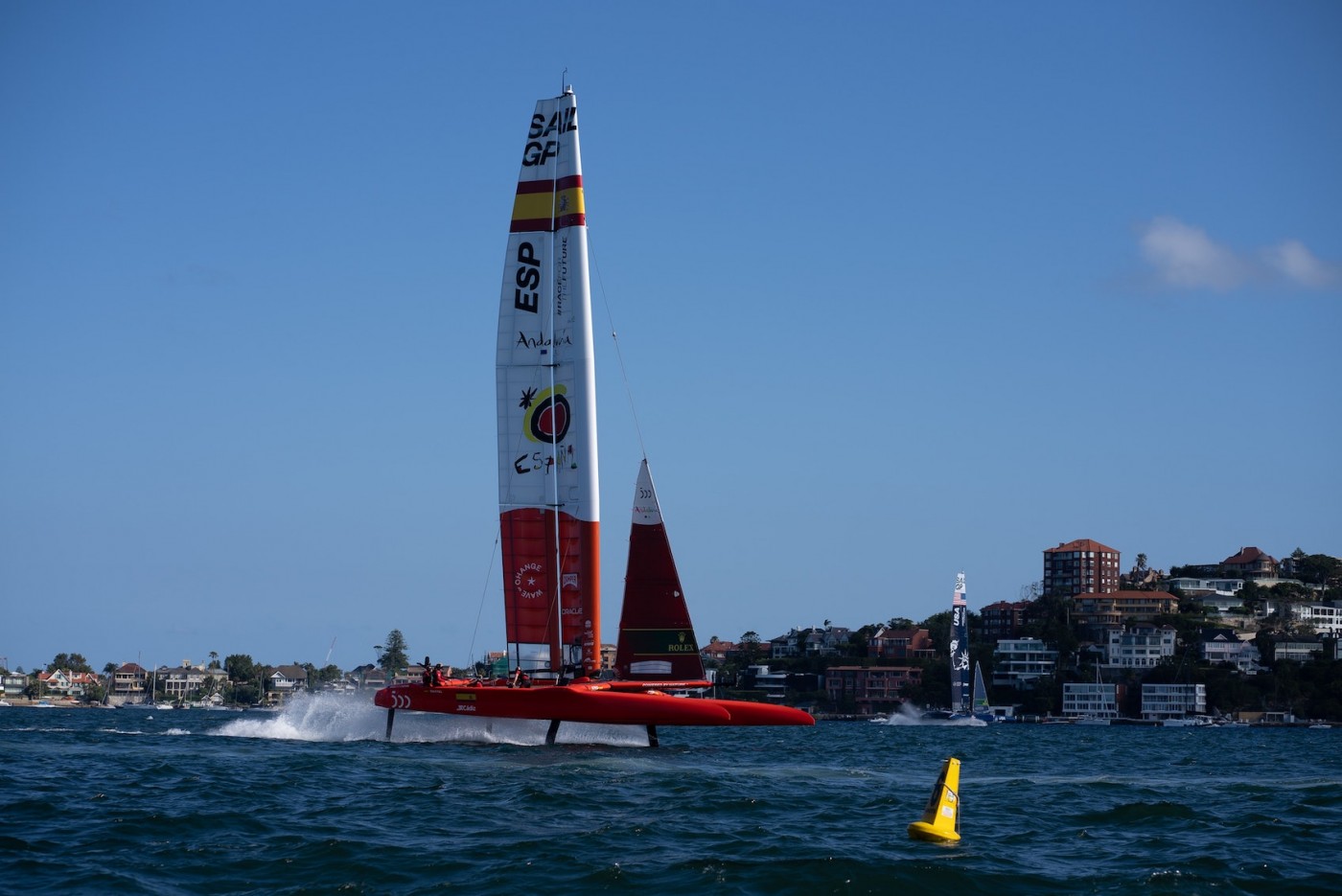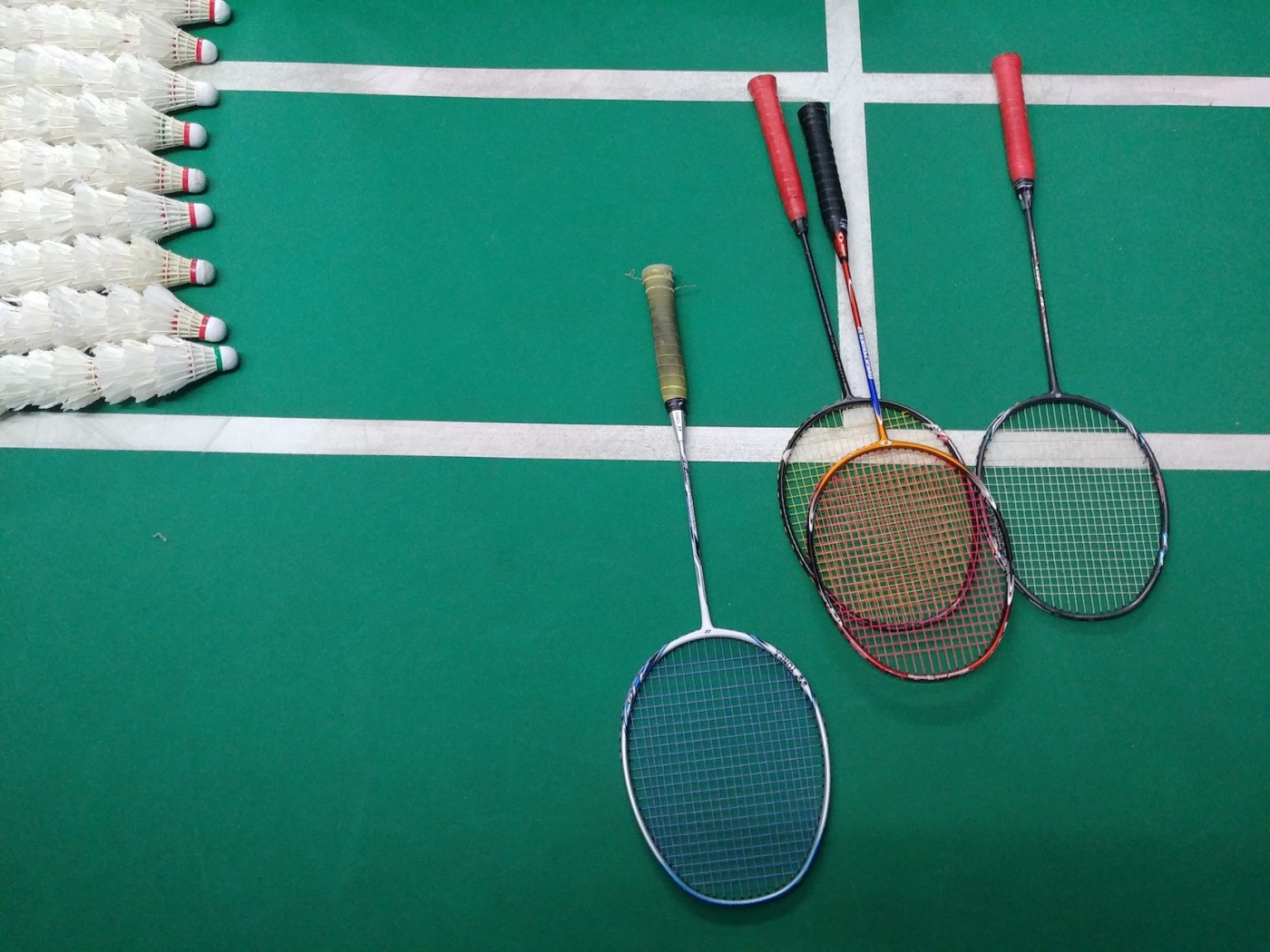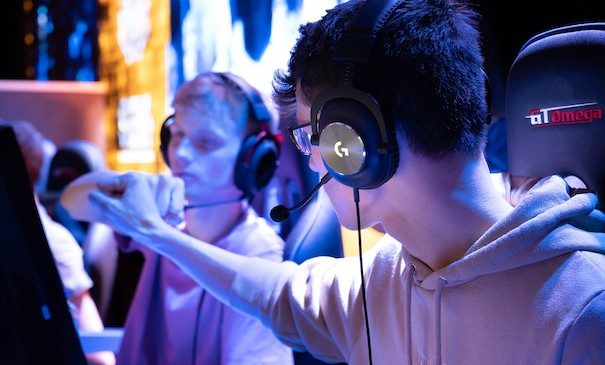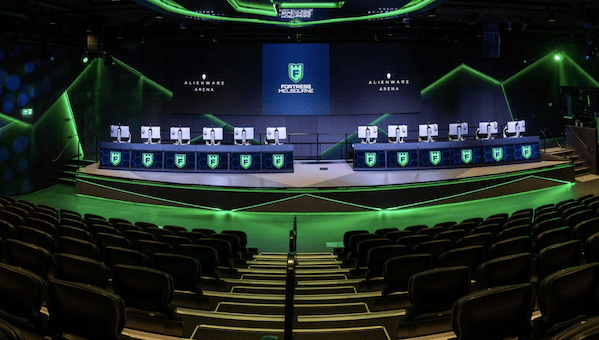- Overwatch League will be based on hit multi-player video game launched last year
- Competition set to launch this year following ‘combine’ for amateurs
- League will feature city-based franchises and minimum player salaries
‘STABILITY’ IS not a word that has been commonly associated with the burgeoning esports sector. However, if Activision Blizzard has its way, that is about to change with Overwatch League.
The interactive gaming company announced plans for an esports league based on its hit game, Overwatch, at the Blizzcon industry event in November.
Overwatch, a team-based, multi-player, first-person shooter video game, was only released in May 2016, but by the end of last year it had generated sales of more than $565m (€533m) on personal computers, according to SuperData Research, and was Blizzard’s fastest ever game to reach the 15 million user mark.
Tables turned
Whereas esports have given traditional sports food for thought in terms of innovation, accessibility and fan engagement, the tables appear to have turned with the Overwatch League having borrowed concepts from established sports.
The tournament’s unique selling point, from an esports perspective, is that its teams will represent different cities, and the focus will be on long-term stability – not just for the league, but also its players.
According to Blizzard chief executive Mike Morhaime, the league will offer a “genuine career opportunity for the most skilled Overwatch players.” There will be minimum salaries and a prize pool that will run into seven digits in US dollars. There will also be an annual ‘combine’ to give amateur players a chance to impress teams. There has even been talk of Blizzard supporting a college fund for players, acknowledging that many of those who participate in the competition might fancy a career change at some point.
Delegates at Blizzcon were certainly intrigued, with a meeting of prospective team owners reportedly attended by New England Patriots owner Robert Kraft and Stan Kroenke, the largest shareholder in a number of sports franchises, including the Los Angeles Rams, the Denver Nuggets, Colorado Avalanche and Arsenal.
When considering the commercial opportunities associated with the league, Strive Sponsorship managing director Malph Minns tells SportBusiness International that, given the “early stages of adoption, both from a participation and fandom point of view” for Overwatch, there is “both room for growth, but equally no legacy of success or large audiences for brands to make their decisions on.”
Control
Minns adds: “The city teams will need to work hard on engaging their local communities. To do this they will need to offer value to people and a reason to engage. This is where partner brands could help play a vital role.
“One thing that isn’t really clear though is what level of control Activision will take in building a broader Overwatch annual calendar of events and where this league will sit within that. At the moment, especially in other titles, there is a proliferation of competitions, leagues and tournaments with no real season narrative. Non-endemic sponsors find this very hard to navigate and an over-supply of content obviously dilutes value. Fewer, bigger and better competitions will help attract in larger sponsors and investment. A new title offers a clearer playing field to create this landscape.”
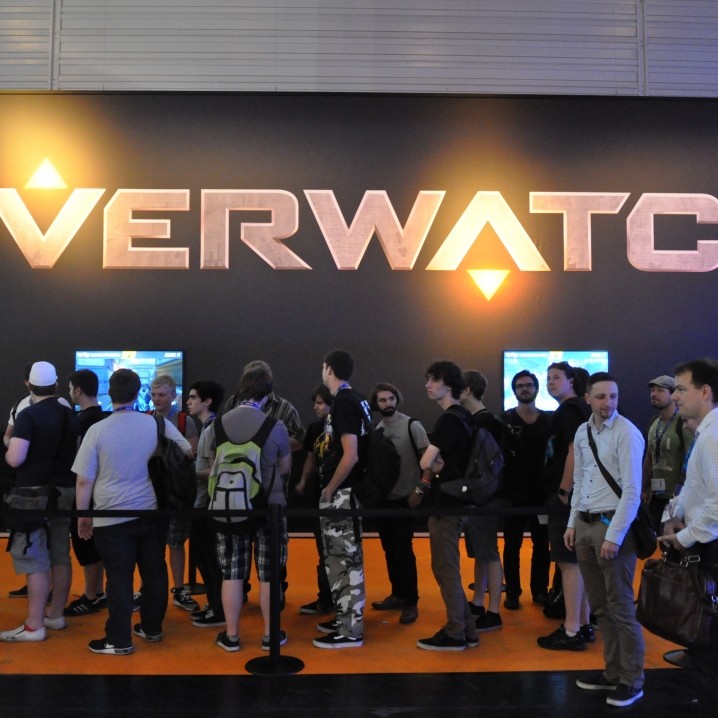
Tom Mellor, who works on gaming and esports at Fuse, the partnerships and experiences agency of the Omnicom Media Group, says that the selections of cities to be represented by the teams will be crucial.
“It might be an industry in its infancy but games such as League of Legends, Dota and Counter Strike have already established a firm grip, meaning it can be tricky for new leagues to establish themselves,” he tells SportBusiness International. “Where they choose to base the teams and which cities they represent will be important as many of these will need to be located in markets where Overwatch is popular and esports is well supported as a whole.”
To illustrate the point, Mellor points out that Overwatch was the fastest selling PC game ever in China.
Brave Ventures’ head of esports, Jonathan Pan, believes that the specific competition model though is not as important as having a “large and engaged community.”
He adds to SportBusiness International: “The biggest challenge for the Overwatch League is getting enough team owners to buy into the league for the rumoured multi-million-dollar slot fee.”
Speculation
Such speculation is inevitable when details of the league are yet to emerge. It has been reported that the league’s inaugural season will take place later this year – albeit in a shortened format – before a full launch in 2018.
“The fact that the event is publisher-owned will give prospective sponsors confidence that the competition will be at the elite end of the performance pyramid, meaning the best players will be participating,” Minns says.
It would certainly appear to be a natural step for Blizzard, which set up a dedicated esports division, led by former ESPN and NFL Network chief executive Steve Bornstein, in 2015.
However, Minns adds: “One thing that is missing, and is always a consideration during due diligence of any sponsorship investment, is the mention of regulation and governance… There is also still a bit of a lack of information around the live event elements and the broadcast plans. Commercially you want to understand how and where fans can and will engage so you know how to build your own engagement plans and place your investment.”
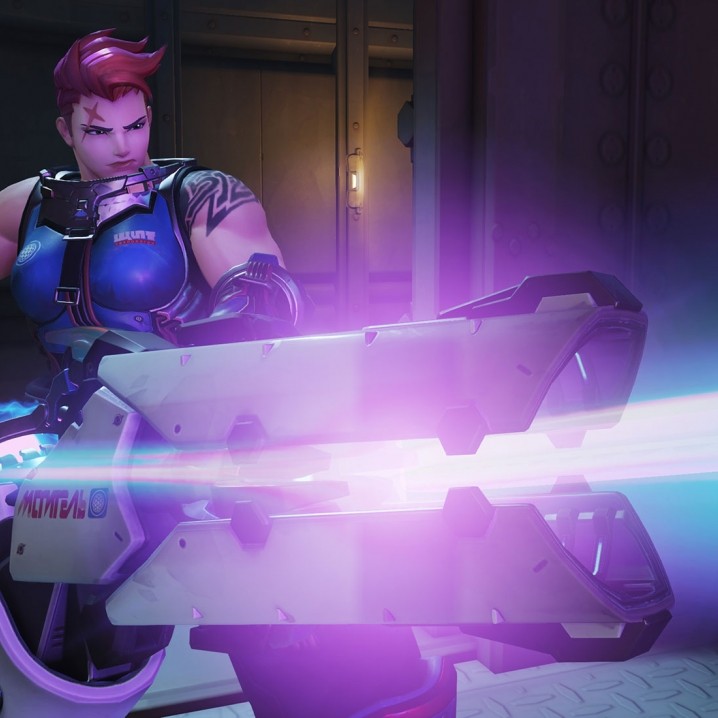
Minns expects the league to generate “a financial loss for a few years for Activision,” but added that “they will learn a lot in this time that they can then apply to both to the league and competitions across other titles.” Moreover, he anticipates an increase in sales of the game and in-game purchases.
“There is no reason that with the scene involving so rapidly, that financial independence shouldn’t be achieved quicker than some people may think,” he says.
Coverage
Organisers of esports competitions are notoriously secretive about their finances. However, media coverage of the league will be essential in the push to build the league’s fan base and commercial foundations.
“The benefit of esports as a whole, and therefore for the Overwatch League, is you have a global audience you can reach pretty easily and relatively cheaply via digital engagement,” Minns adds.
“Esport right now has fragmented audiences and rights-holders are seeing ‘audience wastage’ – by that I mean they have large audiences in territories they can’t monetise… On the upside, there is comparatively speaking, a pretty uncluttered sponsorship landscape for brands to navigate. In addition, there is huge scope to add value to the fan experience because the ecosystem is so immature and investment in a lot of areas are needed.”
Whilst being publisher-owned can be seen by commercial partners as a stamp of approval, Vivendi’s head of esports, Christophe Agnus, warns that esports league organisers must embrace true partnerships if it is to succeed in the long term.
“The publishers are wrong if they think they will organise everything by themselves,” he tells SportBusiness International. “To develop esports, they have to work closely with media groups. They have to see us as partners and not just a wallet.
“The time to get money from TV rights will come, but first the media have to make money on esports and it’s not yet the case… It might change, but esports is still to prove that it’s TV-compatible. For my part, I hope it is and I do believe it can be, but we have to find a way for it to work on television.
“I hope that the Blizzard system will be flexible enough to adapt itself to the evolution of the sector, and I include media rights in that evolution. But at the moment we don’t know exactly how it will be organised.”
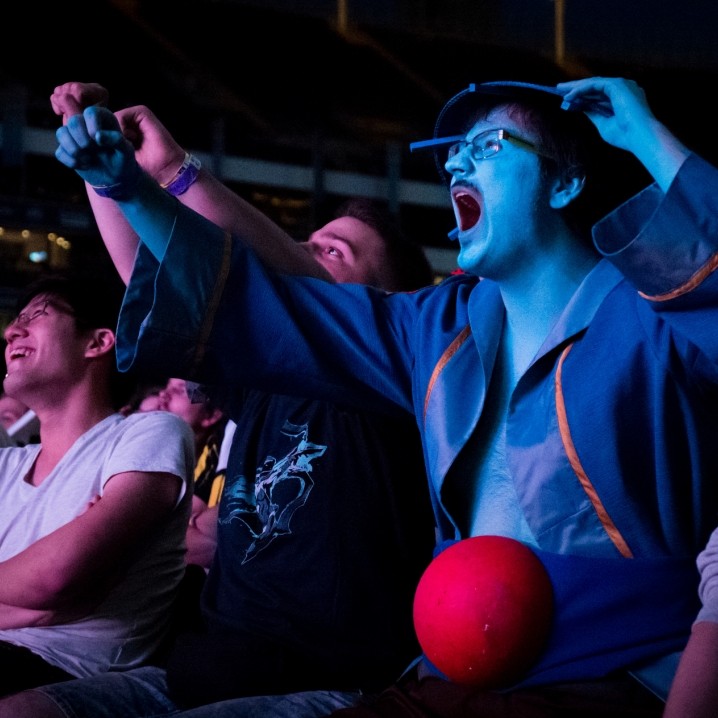
Viewers
Pan anticipates greater spending on esports’ media rights in 2017, citing drops in viewing figures for a number of established sports properties while audiences for esports competitions continue to increase. “Esports is where digital eyeballs are going,” he says.
According to Mellor, ‘Generation Z’ gamers – those born in the late 1990s and early 2000s – will play 40 minutes of games per day, whilst watching YouTube for an average of only 15 minutes per day. “For sponsors it’s important to note the engagement rates related to video gaming,” he says. “Ultimately [this leads to] greater investment from sponsors, greater recognition within more traditional sports and entertainment communities, further audience growth and, hopefully, greater pick-up by broadcasters.
“The Overwatch League shouldn’t look to challenge the established leagues, but rather create its own space for itself by being fan-first and leveraging the loyalty of its existing player base to build the league over the next few years.”
EXTRA: esports trends in 2017
Strive Sponsorship managing director Malph Minns tells SportBusiness International what six trends he expects to emerge in esports in 2017, and what sort of impact the Overwatch League will have on the sector.
1) Continued aggregation of stakeholders
Teams and event organisers will merge and be bought, and vertical integration by bigger entities through acquisition of smaller ones will continue as the cost of competing at the top level increases.
2) Growing publisher influence/ownership of the top level
Traditional sport shows that the top tier of competition is the most profitable. Publishers will take more ownership of this, whilst curating existing competition into a more formalised performance pyramid.
3) Increased presence of traditional sports rights-holders
Expect to see more of this as traditional sports teams look to try and maintain relevance to the millennial audience.
4) International broadcaster investment
Why bid for broadcast rights when you can own and create commercial ones? As traditional broadcasters’ own business models change, expect to see them build partnerships with event owners and publishers to have skin in the game.
5) First significant UK long-term, non-endemic, brand investment
Someone will do the necessary strategic thinking to make the first play. Others will watch with interest and make their own investments once they have a proof of concept. More broadly, non-endemic brand investment will become more prevalent and valuable as the market inflates.
6) Governance will continue to formalise and professionalise
Structures and processes will continue to evolve and mature as importance is emphasised and better understood. It may not happen in 2017, but more independence in these structures will need to happen as presently too many of the present entities have conflicting commercial interests.
This article was first published on Sport Business International on 17th January 2017.


